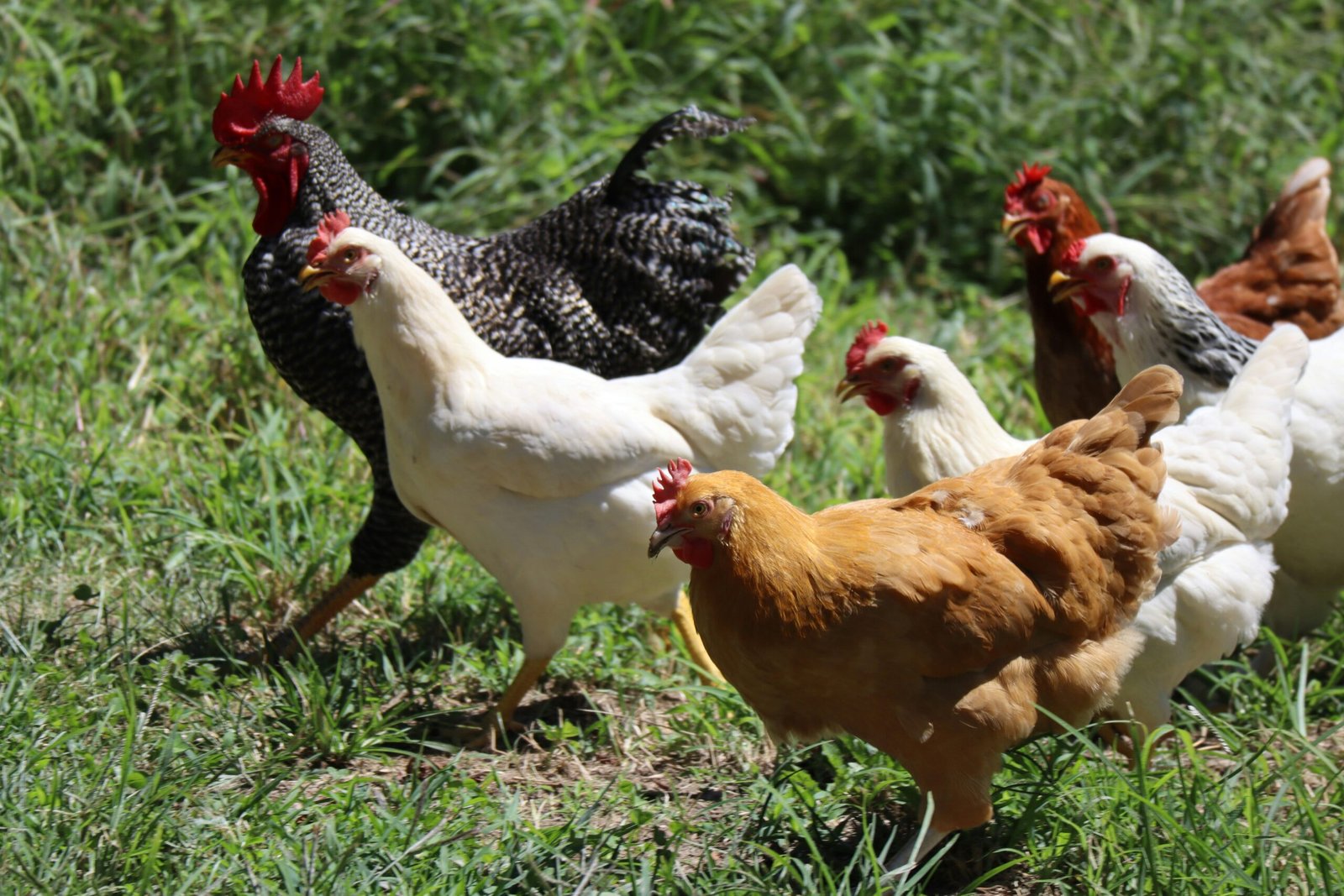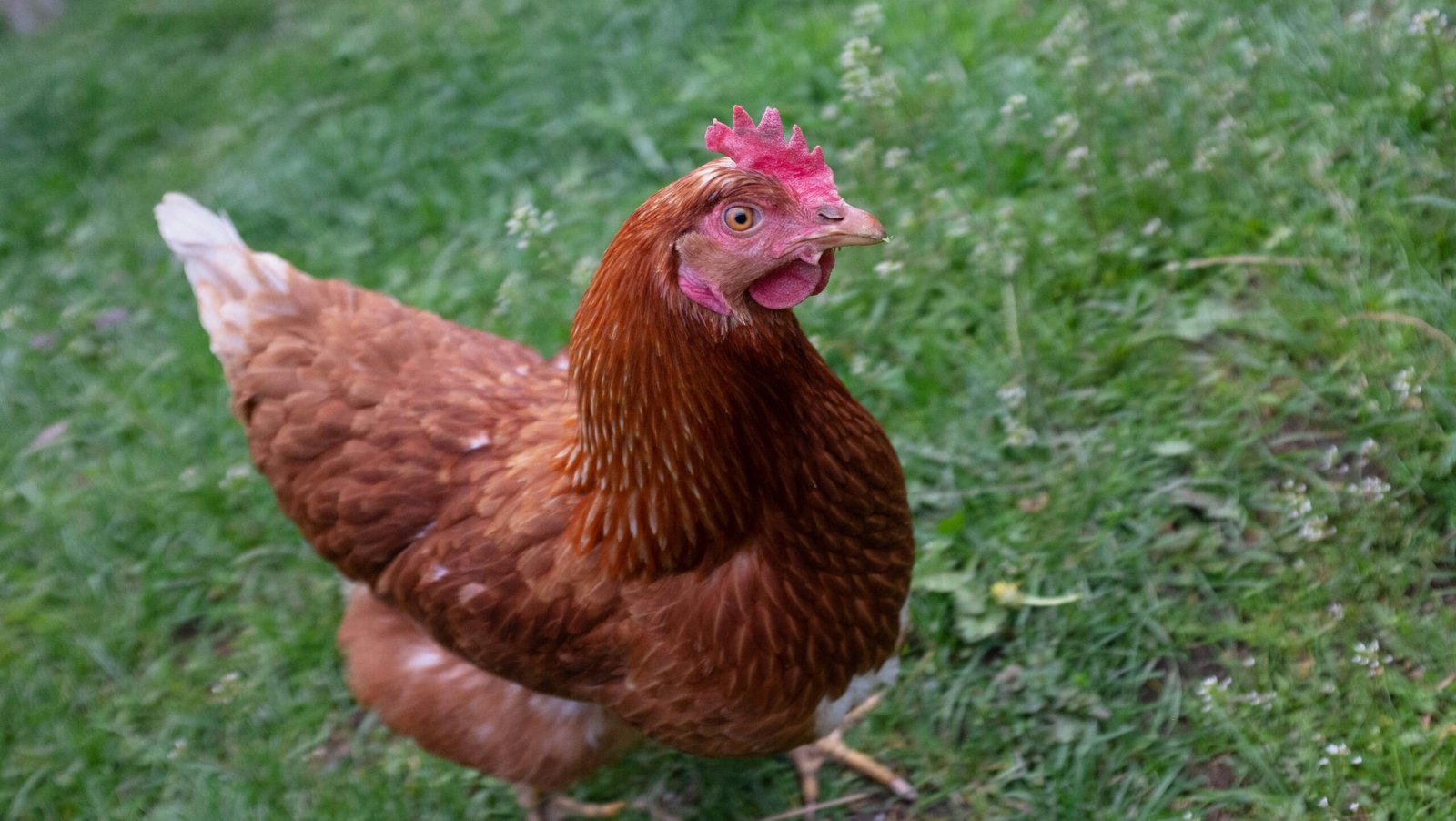Managing a growing flock of chickens requires careful consideration and planning. As your chickens multiply, it’s important to ensure their well-being and maintain a harmonious environment. In this article, we will explore various options for managing flock size, while emphasizing the ethical considerations involved in rehoming, expanding the coop, or introducing new chickens.
1. Ethical Considerations
When it comes to managing a growing flock, it’s crucial to prioritize the ethical treatment of your chickens. This means providing them with adequate space, food, water, and veterinary care. It also involves considering the impact of your actions on the existing flock, as well as the new additions.
2. Rehoming
One ethical option for managing a growing flock is rehoming some of your chickens. This can be done by finding suitable homes for them or donating them to local farms, educational institutions, or other responsible chicken keepers. Rehoming is a responsible way to ensure that your flock doesn’t become overcrowded and that each chicken receives the attention and care it deserves.
When rehoming, consider the following:
- Screen potential adopters to ensure they have the necessary knowledge and resources to care for the chickens.
- Provide accurate information about the chickens’ breed, age, health, and any special needs they may have.
- Follow up with the new owners to ensure the chickens are adjusting well to their new environment.
3. Expanding the Coop
If rehoming is not a feasible option or you prefer to keep all your chickens, expanding the coop is another ethical choice. This allows you to provide your growing flock with the space they need to thrive. When expanding the coop, consider the following:
- Calculate the appropriate space requirements for each chicken. As a general guideline, each chicken should have a minimum of 4 square feet of coop space and 10 square feet of outdoor space.
- Ensure the coop is well-ventilated, predator-proof, and provides access to fresh water and food.
- Consider adding additional roosting bars, nesting boxes, and enrichment activities to keep your chickens engaged and happy.
4. Introducing New Chickens
If you have the capacity and resources, introducing new chickens to your flock can be a rewarding experience. However, it’s essential to do so in a responsible and ethical manner. Here are some considerations:
- Quarantine new chickens for at least two weeks to prevent the spread of diseases to your existing flock.
- Introduce new chickens gradually, allowing them to establish a pecking order and minimize aggression.
- Provide adequate space and resources to accommodate the new additions, ensuring they have access to food, water, and shelter.
- Monitor the flock closely during the integration process and be prepared to intervene if necessary.
Conclusion
Managing a growing flock of chickens requires careful consideration of ethical practices. Whether it’s rehoming, expanding the coop, or introducing new chickens, always prioritize the well-being and welfare of your flock. By making responsible choices, you can ensure a harmonious and thriving environment for your chickens.





